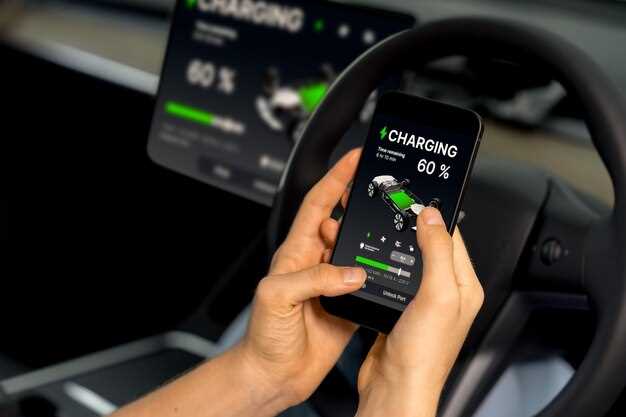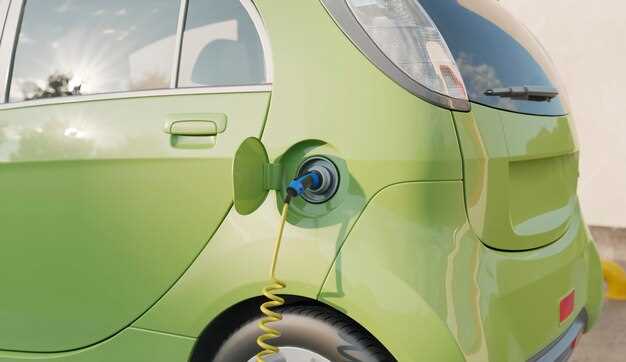
As the world shifts towards a more sustainable future, the demand for eco-friendly vehicles is on the rise. In 2025, various innovative car models will emerge, focusing on improving fuel efficiency while minimizing environmental impact. These vehicles are designed to help you save on fuel costs without sacrificing performance or comfort.
Among the key metrics to consider when evaluating a car’s efficiency is miles per gallon (mpg). This figure serves as a critical indicator of how far a vehicle can travel on a single gallon of fuel, making it essential for eco-conscious buyers. With advancements in technology and engineering, many automakers are now offering models that boast impressive mpg ratings, ensuring that drivers can enjoy both savings and lower emissions.
In this article, we will explore the best fuel-saving cars slated for release in 2025, taking into account their eco-friendly features, performance capabilities, and overall value. Whether you are looking for a compact sedan or a spacious SUV, these vehicles are sure to meet your needs while helping you contribute to a healthier planet.
Top Hybrid Models Offering Impressive MPG Rates

As the demand for eco-friendly vehicles continues to rise, hybrid cars have become increasingly popular for their impressive fuel efficiency and reduced emissions. In 2025, various models stand out for their remarkable miles per gallon (MPG) ratings. These vehicles not only contribute to a cleaner environment but also help drivers save on fuel costs.
The Toyota Prius remains a benchmark in the hybrid category, offering exceptional MPG rates that can reach up to 56 mpg combined. Its pioneering design and reliable technology make it a top choice for those seeking an eco-friendly driving experience.
The Honda Insight is another notable hybrid model, boasting an impressive combined MPG rating of around 52. With a sleek design and a comfortable interior, it combines practicality with efficiency, making it an appealing option for eco-conscious consumers.
The Ford Escape Hybrid is a versatile compact SUV that delivers a commendable 41 mpg in the city and 37 mpg on the highway. Its spacious interior and cutting-edge technology also make it a strong contender for families looking for fuel savings without compromising on space.
Not to be overlooked, the Hyundai Ioniq Hybrid offers an impressive MPG rating of up to 58 combined. This model combines modern styling with advanced hybrid technology, appealing to drivers who prioritize efficiency and aesthetics.
In the luxury segment, the Lexus ES 300h stands out with its remarkable fuel economy, achieving approximately 44 mpg combined. This model provides a premium driving experience while prioritizing eco-friendliness, making it suitable for those who appreciate both comfort and sustainability.
These hybrid vehicles exemplify the advancements in automotive technology focused on improving fuel efficiency and reducing environmental impact. Choosing one of these models for 2025 ensures a commitment to eco-friendly driving while enjoying excellent MPG rates.
Electric Vehicles Leading the Charge in Eco-Friendly Driving

Electric vehicles (EVs) are at the forefront of eco-friendly driving, offering an array of benefits that extend beyond just eco-consciousness. With advancements in technology, many models are now available that not only reduce carbon footprints but also provide significant fuel savings compared to traditional gasoline vehicles. Unlike conventional cars that measure fuel efficiency in miles per gallon (mpg), EVs are assessed based on their energy consumption, often yielding impressive results in terms of efficiency.
The transition to electric vehicles is driven by their ability to deliver the best performance with minimal environmental impact. The latest models come equipped with powerful batteries that ensure longer ranges, allowing drivers to travel further on a single charge. Many EVs have also adopted regenerative braking systems that convert kinetic energy back into stored power, enhancing their efficiency and reducing overall energy usage.
As manufacturers invest heavily in EV technology, consumers can expect a diverse selection of models that suit various lifestyles and budgets. From compact sedans to spacious SUVs, the range of electric vehicles on the market can meet the needs of eco-conscious drivers without compromising on style or utility. As charging infrastructure continues to expand, the convenience of owning an EV is increasingly appealing, making it easier for drivers to switch from gasoline-powered vehicles.
In conclusion, electric vehicles are leading the charge in eco-friendly driving by providing the best options for sustainable transportation while delivering excellent efficiency and performance. With the expected growth and innovation in this sector, 2025 promises to offer an even more extensive lineup of electric vehicles that can cater to the needs of all drivers, making the shift to greener alternatives a viable and attractive choice.
Key Features to Look for in Fuel-Efficient Cars
When searching for the best fuel-efficient cars, it is crucial to consider several key features that contribute to their eco-friendliness and overall performance. Understanding these elements can help you make an informed decision that aligns with both your budget and environmental values.
1. Engine Technology: Look for vehicles equipped with advanced engine technologies, such as turbocharging, hybrid systems, or electric motors. These innovations can significantly improve fuel efficiency while reducing emissions, making them an excellent choice for eco-conscious consumers.
2. Aerodynamics: A car’s shape plays a vital role in its fuel efficiency. Opt for models that boast streamlined designs, which minimize air resistance. This aerodynamic efficiency not only enhances performance but also reduces fuel consumption on highways.
3. Lightweight Materials: Vehicles constructed from lightweight materials such as aluminum or high-strength steel can offer better fuel economy. Reducing a car’s weight allows the engine to operate more efficiently, leading to lower fuel usage without sacrificing safety or durability.
4. Tire Efficiency: Properly designed tires can greatly influence fuel efficiency. Look for vehicles that feature low-rolling-resistance tires, which require less energy to maintain momentum, consequently improving overall mileage and fuel savings.
5. Fuel Economy Ratings: Examine the EPA fuel economy ratings when evaluating potential purchases. Look for cars with the best ratings in both city and highway driving conditions to maximize your savings at the pump.
6. Regenerative Braking: For hybrid and electric vehicles, regenerative braking systems can enhance fuel efficiency by capturing energy that would otherwise be lost during braking. This feature is particularly beneficial in stop-and-go traffic, where it can help recharge the battery and improve overall energy use.
7. Driving Mode Options: Many modern cars offer various driving modes, such as eco, normal, and sport. Selecting an eco-friendly driving mode can optimize engine performance and enhance fuel efficiency, making it easier to achieve better mileage over time.
By focusing on these key features, you can confidently choose a fuel-efficient car that meets your needs while promoting a more sustainable future.



